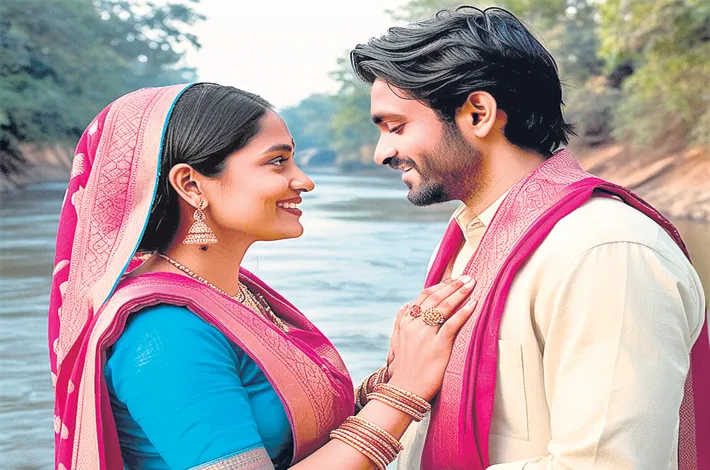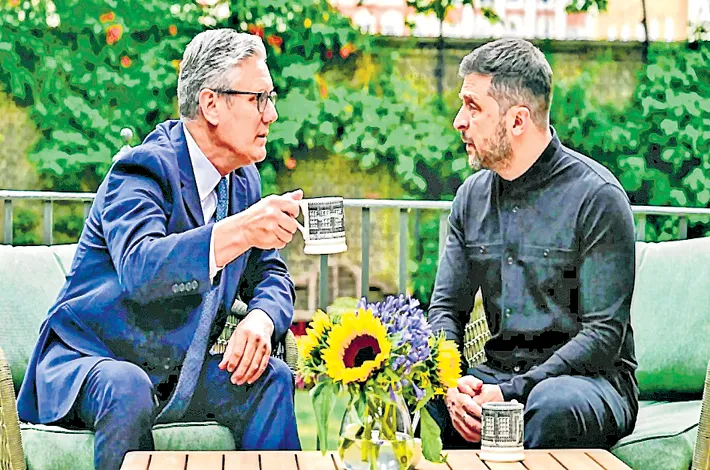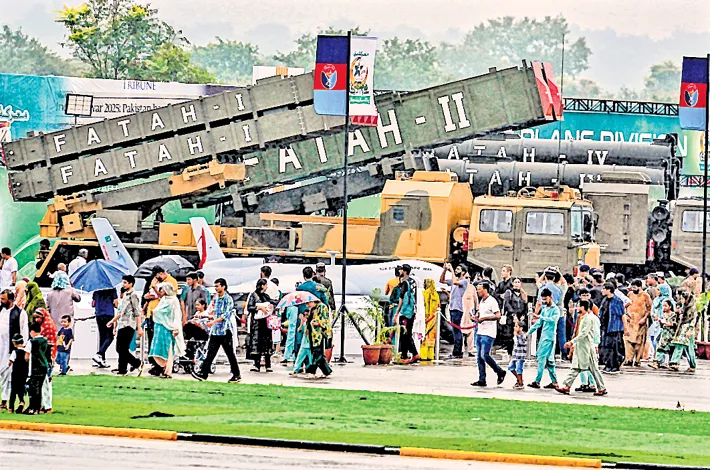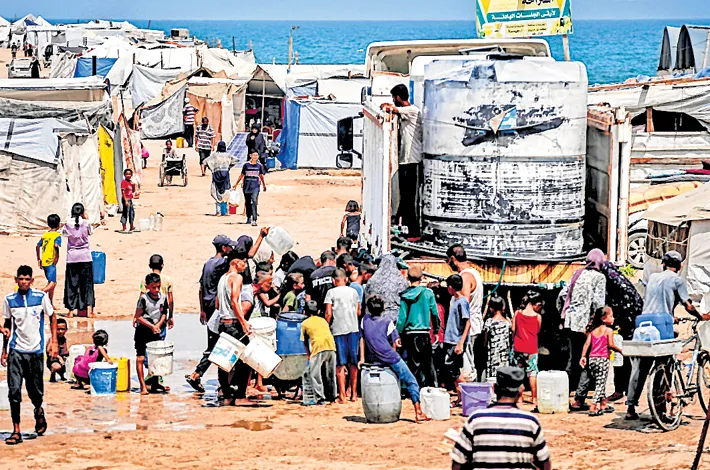Moonlit Promises in Karimnagar
15-06-2025 12:00:00 AM

On a clear night, under the same banyan tree where they’d met, Arjun proposed. He had no ring, only a poem etched on handmade paper, promising her a life of love, not wealth. Meera, her hands calloused from weaving, accepted with a kiss that tasted of courage and hope. The river, their silent witness, shimmered under the moon
The sultry air of Karimnagar clung to the evening like a lover’s whisper. The town, nestled in the heart of Telangana, was alive with the hum of life—street vendors calling out, the distant clatter of autorickshaws, and the soft glow of lanterns lining the banks of the Manair River. It was here, under the sprawling banyan tree near the Lower Manair Dam, that Arjun first saw Meera.
Arjun, a lanky schoolteacher with a penchant for poetry, had moved to Karimnagar two years ago, seeking solace after a heartbreak in Hyderabad. His days were filled with chalk dust and the chatter of students, but his evenings belonged to the riverbank, where he scribbled verses under the stars. Meera, a weaver’s daughter, had grown up in the shadow of Karimnagar’s handloom legacy. Her nimble fingers crafted intricate sarees, each thread telling a story of tradition and resilience.
Their first meeting was accidental, like a stanza falling into place. Meera, carrying a bundle of freshly dyed cotton, tripped on a root near the banyan tree. Arjun, startled from his notebook, rushed to help. As their hands brushed while gathering the scattered threads, a spark flickered—unspoken, yet undeniable. Her eyes, the color of monsoon clouds, held a quiet strength that made Arjun’s carefully crafted verses feel inadequate.
“Sorry,” Meera mumbled, tucking a strand of hair behind her ear. “I wasn’t looking.”
“No harm done,” Arjun replied, his voice softer than he intended. “These roots have a way of catching dreams.”
She smiled, a small curve that lit up the dusk, and walked away. But Karimnagar, with its narrow lanes and shared spaces, ensured their paths crossed again. At the weekly market, where Meera sold her family’s sarees, Arjun lingered longer than necessary, pretending to inspect the fabrics. At the temple festivals, their glances met amidst the chaos of bhajans and incense. Slowly, conversations bloomed—about her love for old Telugu songs, his obsession with Neruda’s poetry, and the way the river seemed to carry their secrets.
One evening, during the Bathukamma festival, Meera invited Arjun to join her family by the river. The women of Karimnagar had gathered, their floral arrangements bobbing on the water, vibrant under the moonlight. Meera, in a green saree that shimmered like the Manair itself, handed Arjun a marigold. “For luck,” she said, her voice barely audible over the rhythmic claps of the dancers.
He took the flower, his fingers lingering on hers. “I don’t need luck,” he said, emboldened by the festive air. “I’ve already found you.”
Meera’s cheeks flushed, but she didn’t look away. That night, as the river reflected a thousand stars, they sat under the banyan tree, sharing stories of their childhoods—his in a bustling city, hers in the quiet lanes of Karimnagar. Arjun read her a poem he’d written, comparing her to the river: constant, yet ever-changing, carrying both strength and serenity. Meera, usually reserved, laughed and teased him for his metaphors, but her eyes betrayed a warmth that made his heart race.
Their romance unfolded in stolen moments. They met at the dam, where Arjun taught Meera to write her name in the sand, her laughter echoing as the waves erased it. They wandered through the Deer Park, where Meera pointed out the birds she’d named as a child. At the Ujwala Park, they shared mango kulfi, the sticky sweetness lingering on their lips as they talked of dreams—hers to start a small weaving cooperative, his to publish a book of poems.
But love in a small town is never just a private affair. Whispers spread faster than the river’s current. Meera’s father, a traditional man, disapproved of Arjun’s “city ways” and lack of a stable fortune. “He’s a dreamer,” her father grumbled. “Weavers don’t live on poetry.” Arjun’s colleagues, too, raised eyebrows, warning him of the complications of crossing social lines in Karimnagar.
One stormy evening, as rain lashed the town, Meera met Arjun at their banyan tree, her saree soaked and her eyes resolute. “They want me to marry someone else,” she confessed, her voice trembling not from the cold but from fear. “A merchant from Warangal. He’s… practical.”
Arjun’s heart sank, but he took her hands, the rain blurring the world around them. “Meera, I don’t have much—just words and a heart that’s yours. But I’ll fight for us. Will you?”
She nodded, tears mixing with the rain. “I don’t want practical. I want you.”
The weeks that followed were a test of their resolve. Arjun worked tirelessly, taking extra tutoring jobs to prove his stability. Meera, defying her father’s wishes, poured her savings into her cooperative dream, determined to show she could stand on her own. They met in secret, their love a quiet rebellion against the town’s expectations.
On a clear night, under the same banyan tree where they’d met, Arjun proposed. He had no ring, only a poem etched on handmade paper, promising her a life of love, not wealth. Meera, her hands calloused from weaving, accepted with a kiss that tasted of courage and hope. The river, their silent witness, shimmered under the moon.
Karimnagar, with its traditions and whispers, eventually softened. Meera’s cooperative thrived, her sarees gaining fame beyond the town. Arjun’s poems, inspired by her, found a publisher. Their wedding, held by the Manair, was simple but joyous, with marigolds and laughter, the banyan tree standing guard.
Years later, they’d return to that tree, now with a child who loved to chase fireflies. Meera would tease Arjun about his old poems, and he’d retort that she was still his best verse. The river flowed on, carrying their story—a love woven like a saree, strong and beautiful, in the heart of Karimnagar.








